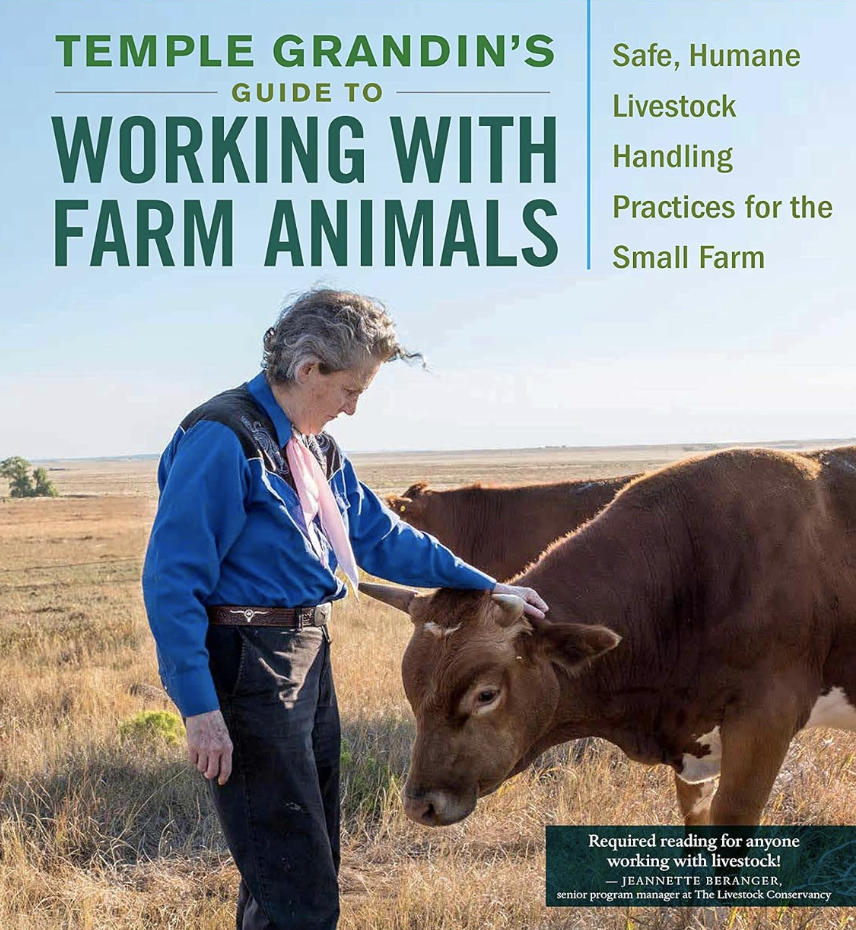Our story
In 2003, I purchased 11 wethers and one ewe—far from a planned breeding program. During the first decade, the sheep served as part of our sheepdog training program with AKC and AHBA herd lessons, clinics, and trials.
Although this was my introduction to sheep as it is today, it wasn’t my first time owning sheep. I had pet sheep as a child, and then, when I lived in Australia, I couldn't escape their influence as Austrailia is the largest sheep exporter.
I graduated from vet school in 1985, the same year that Ivermectin was released. At the time, there were more than 300 pharmaceutical companies. Those were consolidated, and only three choices were left when I retired. The pharmaceutical companies made it so my client didn't have a choice.
My most critical decision was to not use deworming pharmaceuticals on my sheep altogether. Since my original flock had been sourced from conventionally dewormed sheep, they were “ drug dependent” and experienced a 50% loss in the first year and a 25% loss in the second year.
I found a local flock of mostly ewes that had been only selectively dewormed and started over without using any dewormers. It was a tough choice, but 20 years on, it has led to stronger, more resilient sheep.
I made the acquaintance of other veterinarians with the goal of avoiding pharmaceutical dependency in livestock. We discussed strategies to reduce the need for drugs by creating healthier animals and environments.
Rotational grazing and the synergy between sheep and cattle aid in natural deworming, eliminating or reducing the need for chemical interventions.
Learning & Sharing Best Practices
Today, my focus is raising high-quality breeding stock and helping others. The practices we’ve developed over the decades have enhanced soil health, created healthier animals, provided for wildlife habitat, and improved the farm's overall productivity.
Each farm is unique, and success depends on a tailored approach. Personalized consultations are available where I visit your farm, assess your land, incorporate your schedule, and evaluate the resources available to develop and create a custom plan designed to optimize your farm's performance.
Resources
Bill Costanzo with Texas A&M AgriLife Livestock Guardian Dog Program is focused on increasing the understanding and use of livestock guardian dogs by developing research and educational activities. Through their research, I’ve developed strategies for minimizing predation.
Known for her work in animal behavior and welfare. Temple Grandin revolutionized the cattle industry by designing humane livestock handling facilities and systems, improving the well-being of animals while also increasing efficiency and productivity.
LGLCI is a producer led organization which represents producer interest through peer-to-peer networking, educating the general public, providing trainings, and equipping our members with the most economically and ecologically sustainable farming practices.




